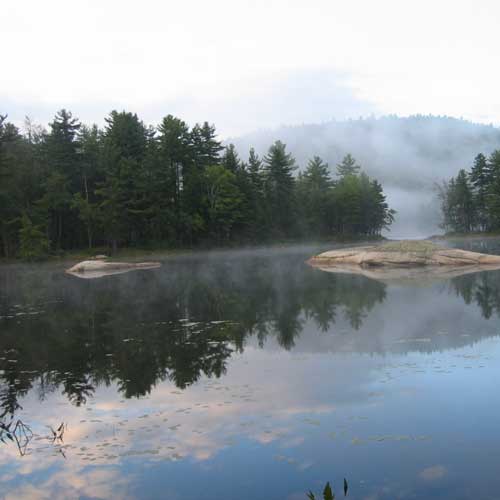Conservation at even the smallest scale is complex. When trying to achieve conservation across a wide ecoregion, complexities and uncertainties abound. Still, it is imperative to take action working off the best knowledge possible and adapting as we systematically test our actions and learn from them. With this in mind, FOS has worked closely with several Nature Conservancy chapters across the US and Canada to help facilitate multi-stakeholder conservation processes. These processes, which bring together TNC staff, non-governmental organizations, citizens groups, government agencies, First Nations, researchers, and scientists, have been particularly effective at tapping into the diversity of knowledge, expertise, and experience that this wide range of actors bring. The plans resulting from this product help guide and coordinate the actions of various groups across a region and provide a common framework to determine whether these actions are being effective. In particular, FOS has worked with TNC and its partners in the Hudson River Estuary Watershed (Eastern NY), the Alleghany Plateau (Western NY), the Allegany Forests (MD), Lake Ontario (Central NY and Ontario, Canada), and Lake Huron (Eastern Michigan and Western Ontario). In addition, FOS worked with TNC’s Global Fire Team to help them specify the assumptions behind their strategies and develop a framework to test whether they are being effective.
Ecoregional Planning with The Nature Conservancy
Facilitation, Multi-Stakeholder

Recent Comments